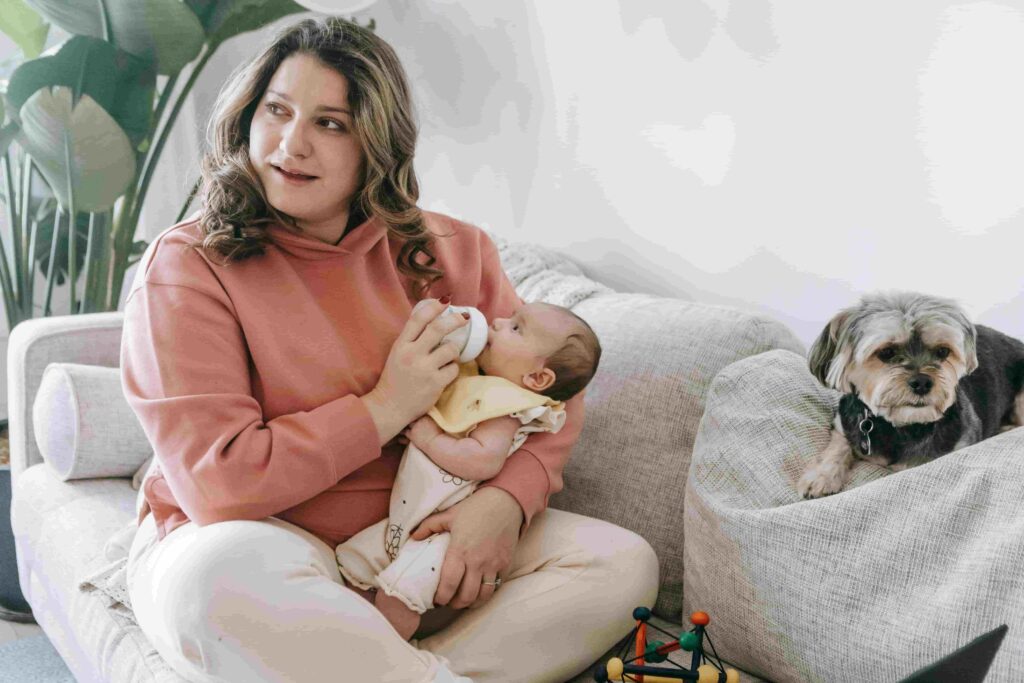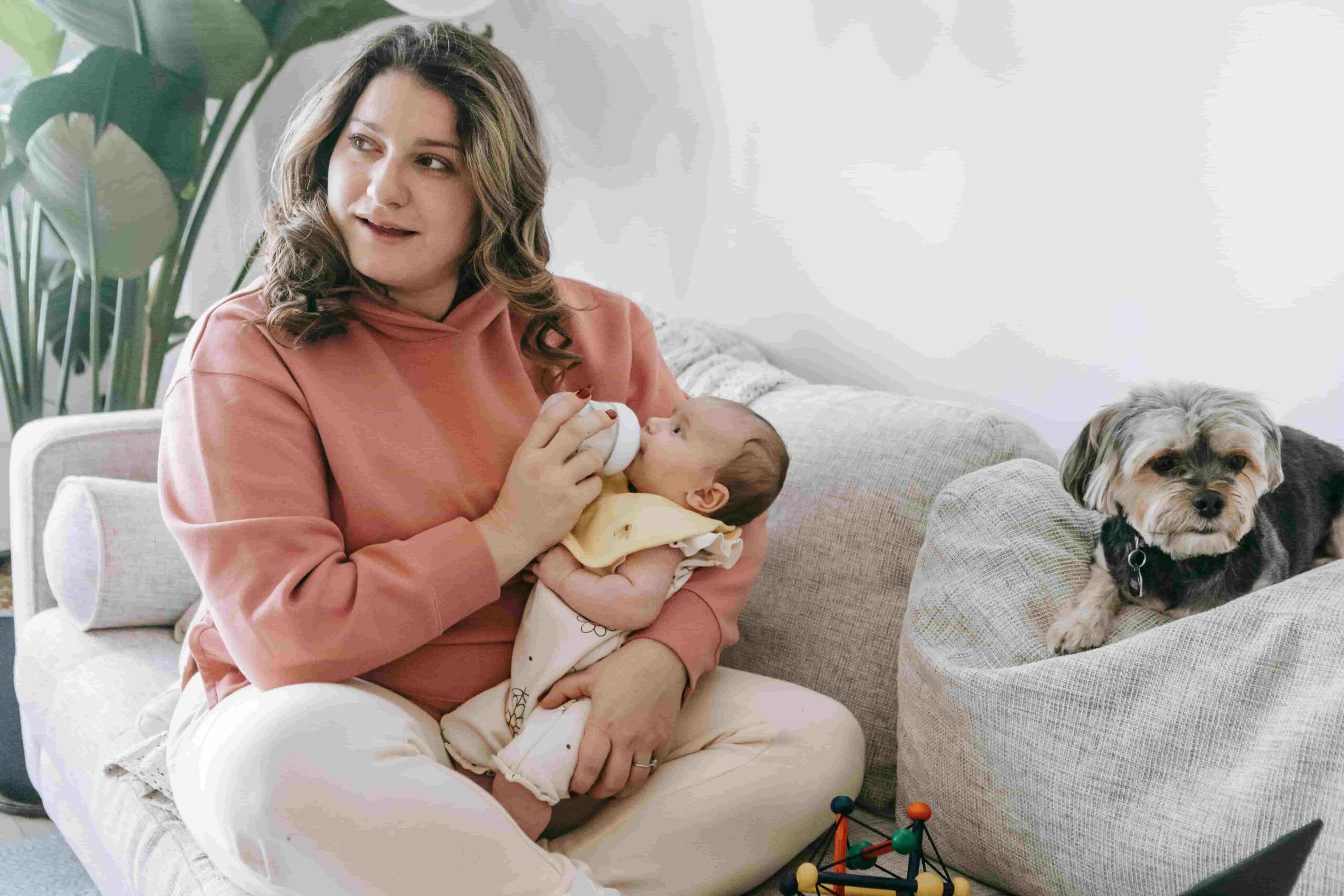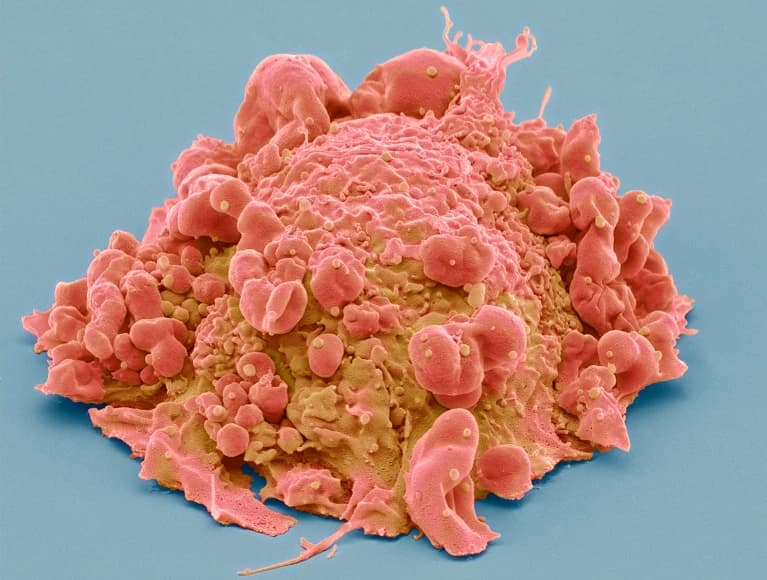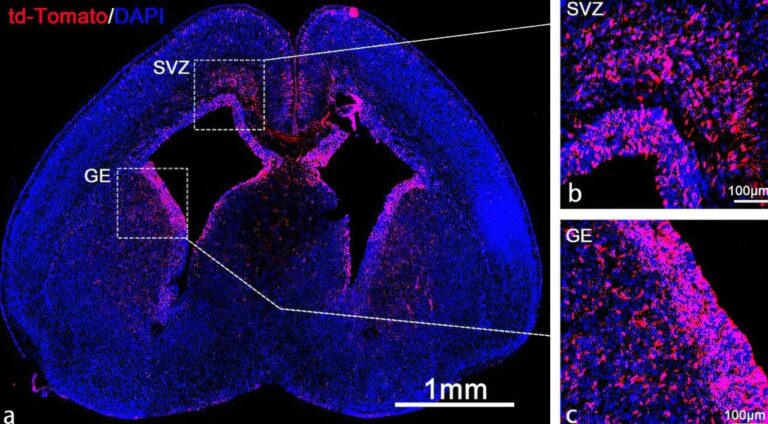Baby’s First Poo Smoothie? How Mom’s Microbes in Milk Could Boost C-Section Babies’ Gut Health!
A clinical trial suggests that giving milk with a trace of the mother’s fecal matter to babies born via C-section can introduce beneficial microbes into their gut, potentially lowering the risk of certain diseases in childhood and later life.

Image Credits: Sarah Chai from Pexels
This study, the first randomized controlled trial of its kind, was presented at IDWeek, a major conference for infectious-disease experts in Los Angeles, California. Lead investigator Otto Helve, from Finland’s Institute for Health and Welfare, explained that their results confirm the hypothesis: a small maternal microbiome transfer positively impacts a baby’s gut health.
The Role of Microbes in C-Section Births
Research shows that C-section babies are more prone to issues like asthma and digestive inflammation, possibly because they miss out on the microbiome exposure that comes from vaginal birth. Studies have also found C-section babies to be more susceptible to hospital-acquired infections.
Earlier attempts to introduce beneficial microbes through “vaginal seeding” (applying maternal vaginal microbes to the newborn) saw limited success, as these microbes don’t effectively colonize the infant’s gut. This led researchers like Yan Shao of the Wellcome Sanger Institute to consider that gut-based microbes may be more effective.
Testing Maternal Microbiome Transfers
Helve’s team recruited women scheduled for C-sections at Helsinki University Hospital. They prepared a milk mixture containing 3.5 milligrams of maternal fecal matter and gave it to 15 babies in their first feed, while 16 other babies received a placebo. Analysis revealed that although the two groups started with similar gut diversity, babies who received maternal microbes showed significantly higher microbial diversity starting on day two, which lasted until six months of age.
The ongoing trial will monitor these infants over two years. Early data echoes results from a 2020 pilot study, which suggested that the microbiomes of C-section babies given a maternal fecal transplant could resemble those of babies born by vaginal delivery.
Key Precautions for Safety
The researchers advise against trying this method outside a clinical setting. Trial participants were carefully screened to ensure the fecal samples were free from harmful pathogens. Out of 90 mothers, 54 were excluded due to potential health risks. Helve notes that while promising, this approach should only be used with medical oversight.
Helve emphasizes that this intervention may not be beneficial for every C-section infant. Future studies could focus on whether certain high-risk groups, such as children with a family history of asthma, would gain the most benefit from maternal microbiome transfer.
Shao suggests that future research should identify which maternal gut microbes are most effective in supporting infant gut health. She proposes that lab-developed, pathogen-free microbial transplants could one day offer a safer, more standardized option for newborns.






